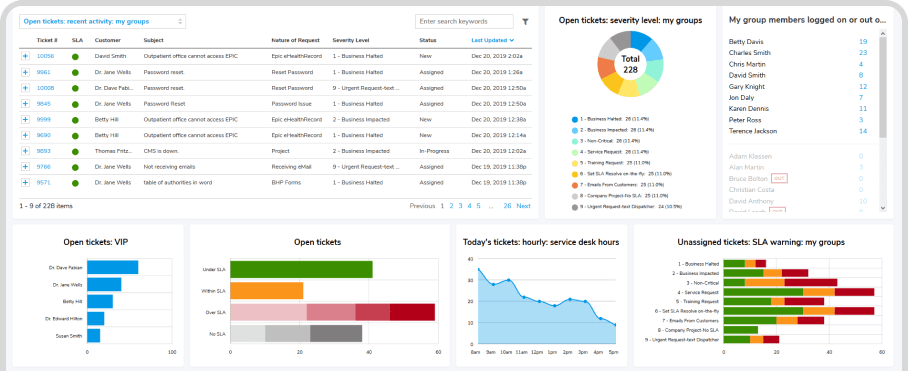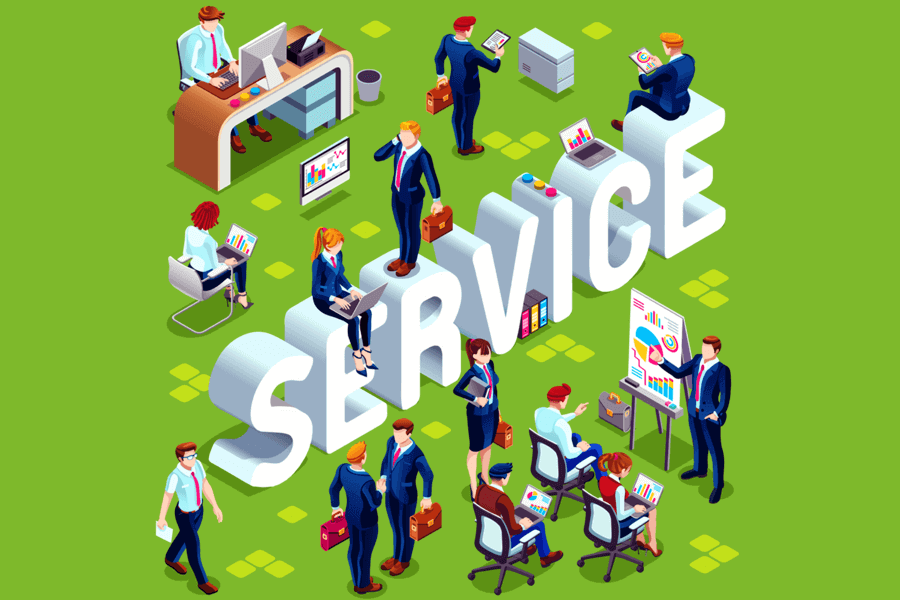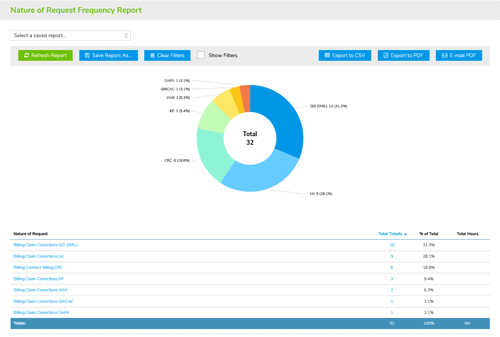Customer Service Resource Center
Helpful resources with insights from our industry experts
Learn How To Improve Your Customer's Experience with Expert Insights
Discover practical advice and proven strategies to help you deliver better service and build stronger customer relationships. These expert insights are designed to help you understand what your customers really want and how to meet those expectations.

Omnichannel Contact Center: What It Is, Features and Best-Practice How-To's

Call Center Shrinkage: How to Calculate and Improve for Streamlined Service

16 Cutting-Edge Ideas for Improving Customer Service in 2026

Caring Matters: 40 Empathy Statements for Customer Service

Contact Center Transformation Fully Examined: How to Build the Future of Customer Engagement
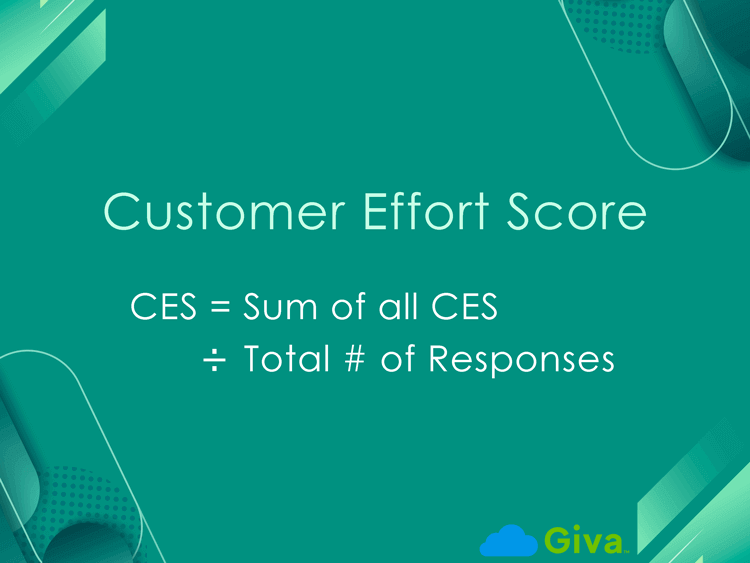
Customer Effort Score (CES): How to Calculate and Improve It Plus Industry Benchmarks
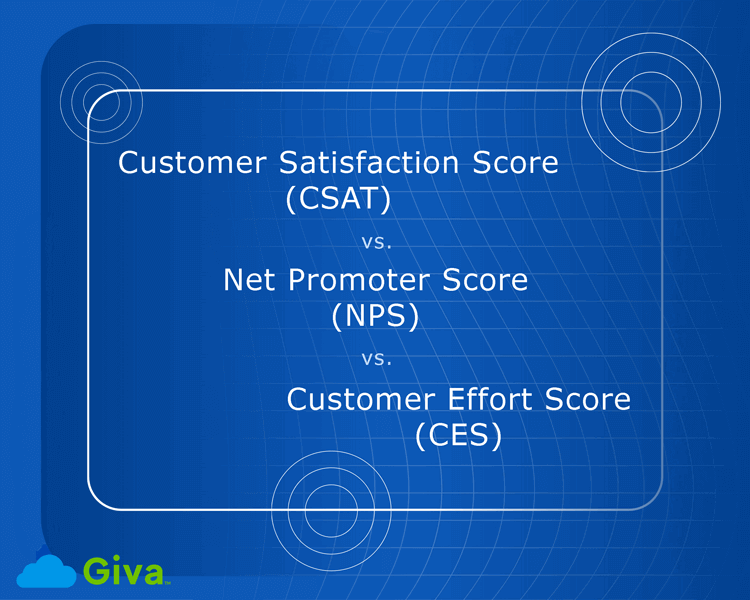
CSAT vs. NPS vs. CES: How to Calculate Plus the Pros and Cons of Each

Customer Satisfaction Metrics: Top Measurements Plus How-To's
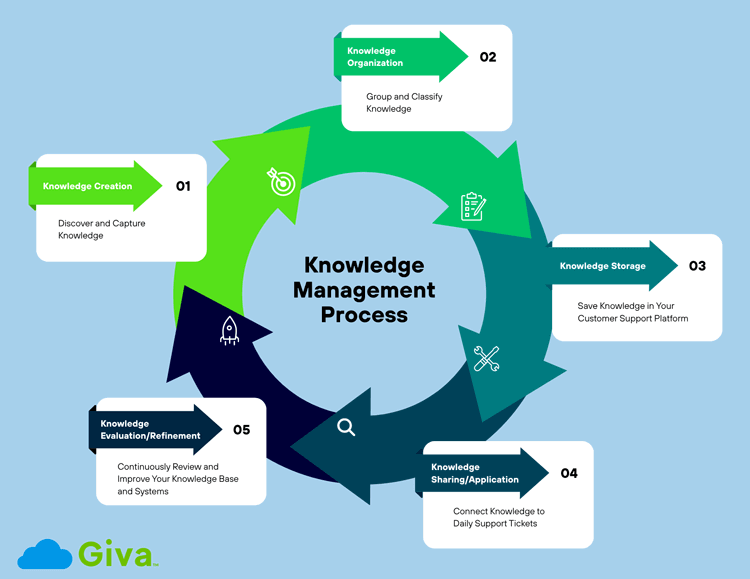
The 5-Stage Knowledge Management Process for Customer Support Teams Plus Best-Practice How-To's

Automated Customer Service Examples Plus Benefits, Challenges and How-To's

After Call Work (ACW) in Call Centers: How to Measure and Reduce Times

Occupancy Call Center Fully Examined Plus Challenges, Solutions and How-To's

9 Top Call Center Routing Strategies Plus Best Practices for the Best CX

Average Handling Time: Fully Examining AHT for Any Help Desk

How to Use & Implement Predictive Analytics in Your Contact Center: Transforming Support Performance
Learn Best Practices to Create Top Notch Customer Support Oranizations
Explore easy-to-follow tips and methods that leading companies use to build great support teams. For beginners and advanced professionals alike, these best practices can help you improve teamwork, speed up response times, and make customers happier.

Customer Service Best Practices - What Features and Functions You Should Look For in Customer Service Software

How to Leverage Metrics & KPIs to Reduce Call Volume
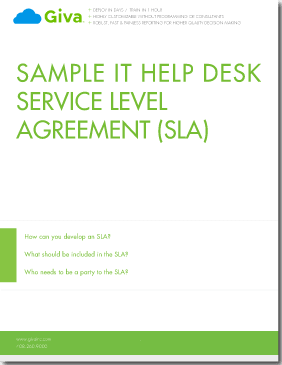
Example Service Level Agreement (SLA) Template
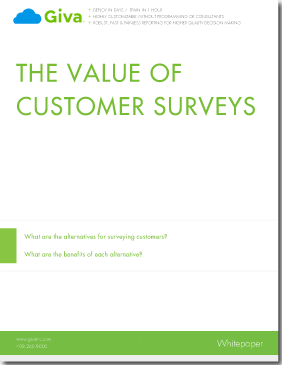
The Value of Customer Surveys

Customer Escalations - Why You Should Reward Customers Who Complain
Attend Top Customer Service/CX Conferences
Stay up to date by finding top conferences where customer service and CX professionals gather to share ideas, tools, and trends. Attending these events can help you learn from others, discover new tools, and bring fresh thinking back to your teams.
Schedule a demo now, or start your own free, 30-day trial today.
Get free set-up assistance. At no cost to you, Giva's well-trained product experts will answer questions and make setup/configuration recommendations during the 30-day trial.
Start a Free Trial
Get a Demo
